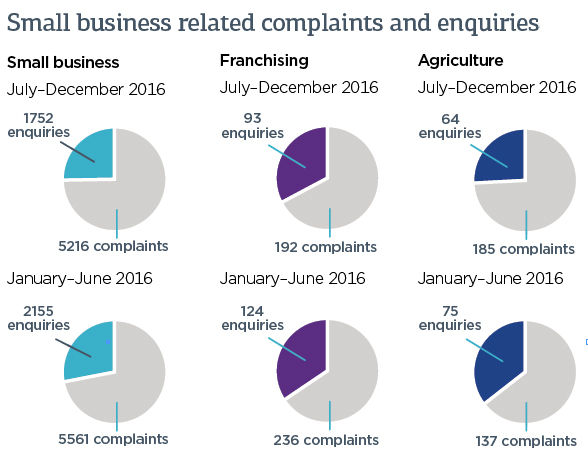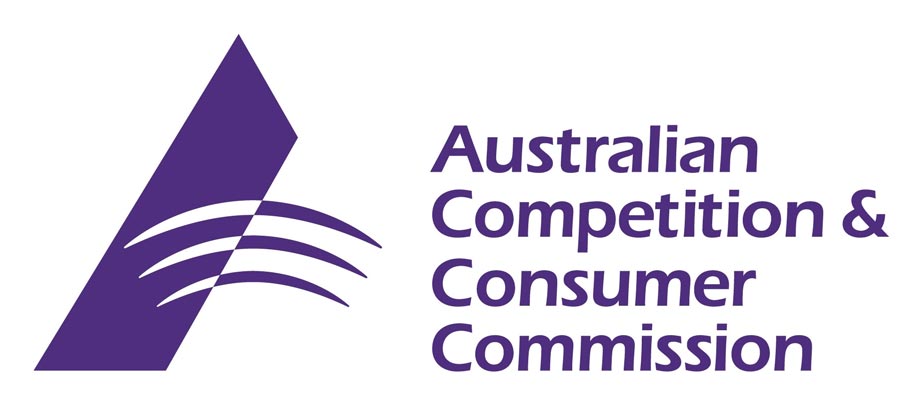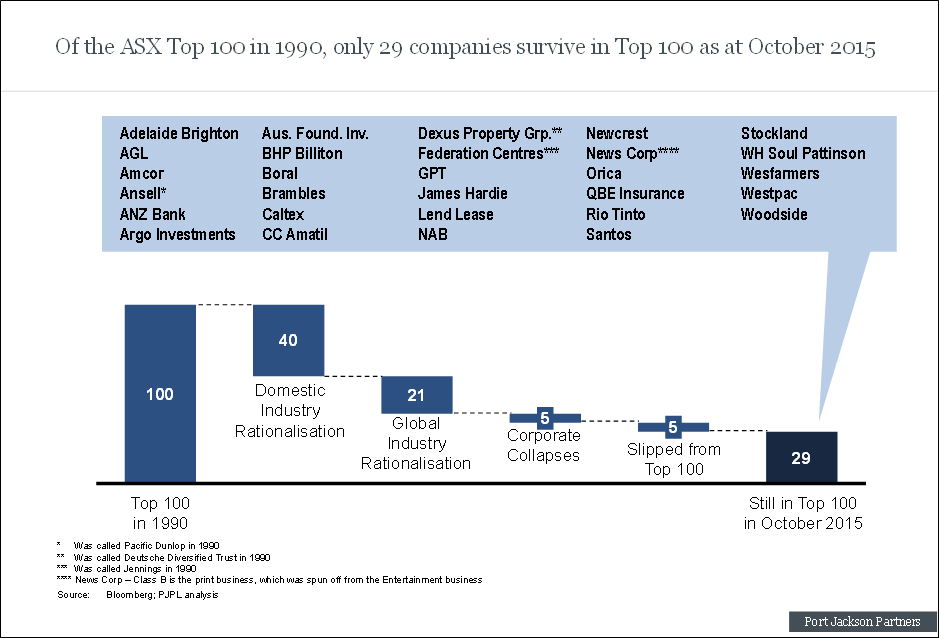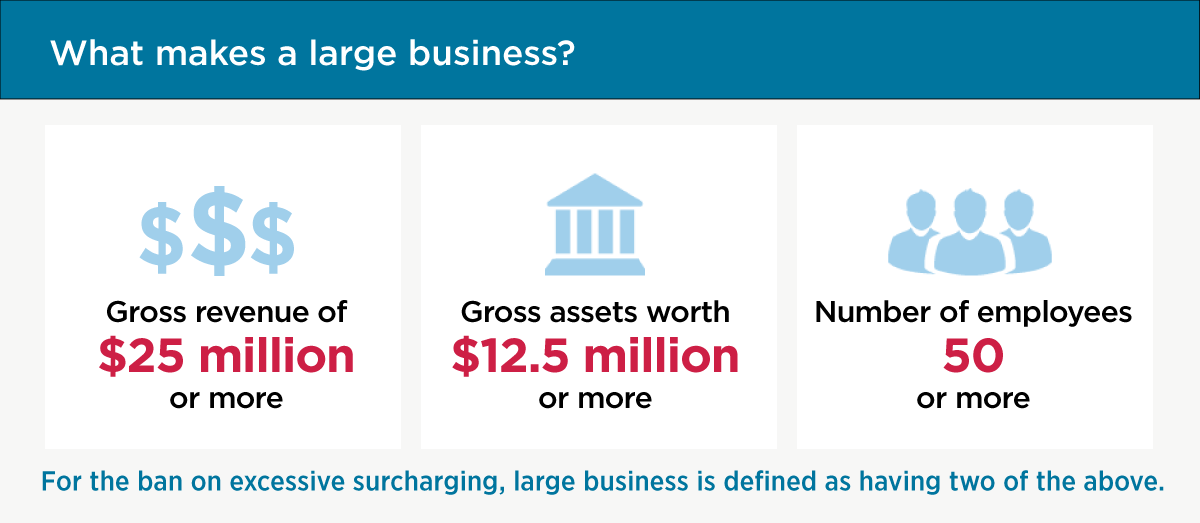The banks sought authorisation to bargain with Apple on two key issues:
- access to the Near-Field Communication (NFC) controller in iPhones. Such access would enable the banks to offer their own integrated digital wallets to iPhone customers in competition with Apple’s digital wallet without using Apple Pay
- removing restrictions Apple imposes on banks preventing them from passing on fees that Apple charges the banks for the use of its digital wallet.
“This is currently a finely balanced decision. The ACCC is not currently satisfied that the likely benefits from the proposed conduct outweigh the likely detriments,” ACCC Chairman Rod Sims said.
The banks argue that being able to engage in the proposed conduct will increase the likelihood of being able to offer competing wallets on the iOS platform and pass through Apple fees, which would lead to the following public benefits:
- increased competition and consumer choice in digital wallets in Australia
- increased innovation and investment in digital wallets and other mobile applications using NFC technology
- greater consumer confidence leading to increased adoption of mobile payment technology in Australia
- increased pricing efficiency in digital wallets.
“While the ACCC accepts that the opportunity for the banks to collectively negotiate and boycott would place them in a better bargaining position with Apple, the benefits are currently uncertain and may be limited,” Mr Sims said.
The applicant banks have yet to reach agreement with Apple over deals to enable their cardholders to use Apple Pay. Apple does not allow the banks, or any entity, direct access to the NFC to allow them to offer their own integrated digital wallet to iPhone users.
“However, banks can already offer competing digital wallets on iPhones without direct access to NFC, through their own apps using Apple Pay payment technology, or using NFC tags. Banks can also offer digital wallets on the Android platform,” Mr Sims said.
“Digital wallets and mobile payments are in their infancy and subject to rapid change. In Australia, consumers are used to making tap and go payments with payment cards, which provide a very quick and convenient way to pay. It is therefore uncertain how competition may develop with the availability of mobile payments and possible future innovations.”
The ACCC is concerned that the proposed conduct could reduce or distort competition in a number of markets.
The conduct would reduce the competitive tension between the banks individually negotiating with Apple, which could reduce competition between the banks in the supply of mobile payment services for iPhones.
“Apple Wallet and other non-bank digital wallets could represent a disruptive technology that may increase competition between the banks by making it easier for consumers to switch between card providers and limiting any ‘lock in’ effect bank digital wallets may cause,” Mr Sims said.
There may also be detriments to competition in digital wallets arising from the proposed conduct. Authorisation would allow the banks to agree not to sign up to Apple Pay for three years. This is a significant period of uncertainty and would result in decreased choice for consumers whose banks engage in this conduct.
The ACCC considers that the conduct could also distort competition between mobile operating systems. Apple’s iOS platform is a differentiated offering that competes globally against other operating systems, such as Android. One of the features each system provides to consumers is mobile payment services and digital wallets. To the extent that the proposed conduct leads to an alteration of the offering that Apple is able to make available on the iOS platform, the proposed conduct distorts competition between these operating system providers.
The ACCC is seeking submissions on its draft determination before making a final decision.
Background
A ‘digital wallet’ is an app on a mobile device that can provide a number of the same functions as a physical wallet, including the ability to make payments in-store and storing other information, such as loyalty or membership cards. A ‘mobile payment’ is a payment performed in-store using a digital wallet.
On 26 July 2016, the banks sought authorisation on behalf of themselves and other credit and debit card issuers to engage in limited collective negotiation and limited collective boycott conduct. The banks have since clarified that they only wish to collectively negotiate with Apple in relation to specified issues regarding NFC access on iPhones, reasonable access to the App Store for their digital wallets, and the ability to pass through Apple Pay fees.
On 19 August 2016 the ACCC decided not to grant interim authorisation to the applicants.
Currently only consumers with eligible payment cards issued by ANZ and American Express are able to use Apple Pay. Cuscal Ltd, on behalf of 31 issuers, recently reached agreement with Apple to offer Apple Pay.
Authorisation provides statutory protection from court action for conduct that might otherwise raise concerns under the competition provisions of the Competition and Consumer Act 2010. Broadly, the ACCC may grant an authorisation when it is satisfied that the public benefit resulting from the conduct outweighs any public detriment.
The ACCC will conduct further public consultation with interested parties regarding its draft determination. The applicants or interested parties may call a ‘conference’ to make oral submissions to the ACCC about the draft decision.
The banks have undertaken to agree to an extension to the statutory six month period for assessment, because of the additional time for the banks and interested parties to make submissions and for the ACCC to consider those submissions. The ACCC has decided to extend the statutory period for an additional three months.
The ACCC expects to release its final decision in March 2017.











